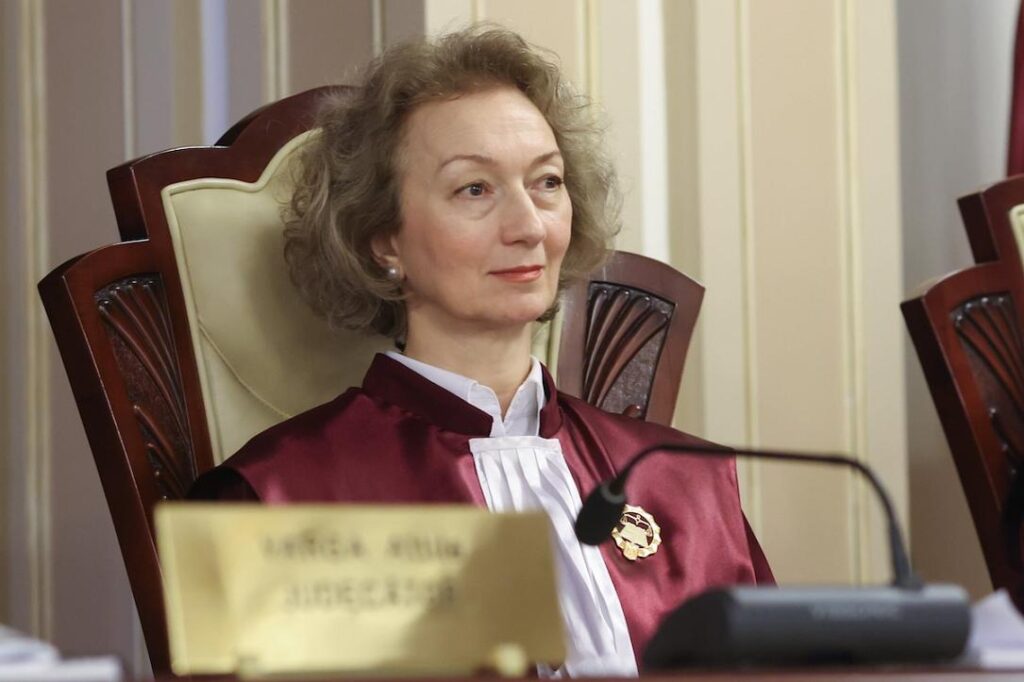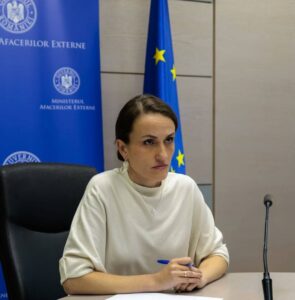Simina Tănăsescu Elected President of Romania’s Constitutional Court for Three-Year Term

Bucharest, The Gulf Observer: Simina Tănăsescu, a distinguished legal scholar and a member of the reformist wing of the Constitutional Court of Romania (CCR), has been elected as the Court’s president for a three-year term, as reported by Hotnews.ro. She succeeds Marian Enache, whose mandate expired earlier this month.
Tănăsescu was appointed to the Constitutional Court in 2019 by then-President Klaus Iohannis. Prior to her judicial appointment, she served as a presidential advisor, a position she resigned from following a public controversy involving former CCR judge Petre Lăzăroiu.
Her election follows the recent swearing-in of three new Constitutional Court judges — Mihai Busuioc, Csaba Asztalos, and Dacian Dragoș — during a ceremony at Cotroceni Palace.
Widely recognized for her reformist stance, Tănăsescu has consistently demonstrated judicial independence. In June 2021, she and Judge Livia Stanciu issued a separate opinion opposing the Court’s majority ruling that the recommendations of the Cooperation and Verification Mechanism (MCV) concerning the dismantling of the Special Section for Investigating Magistrates were non-binding on Romanian courts.
She was also among the minority judges who opposed the CCR’s 2025 decision that annulment of a zoning plan (PUZ) does not automatically invalidate building permits issued under it. Her dissent aligned her with Judges Livia Stanciu, Mihaela Ciochină, and Laura Iuliana Scântei.
Elena Simina Tănăsescu, 56, is a professor of constitutional and European law at the University of Bucharest. A graduate of the University of Bucharest’s Faculty of Law (1991), she earned her doctorate with highest honours from Aix-Marseille III University in France in 1997. Her academic career includes visiting professorships across Europe and Latin America, and she has contributed extensively to legal research initiatives both nationally and internationally.
Tănăsescu’s appointment as CCR president is seen by many as a signal of continuity for legal integrity and reform within Romania’s constitutional framework.


